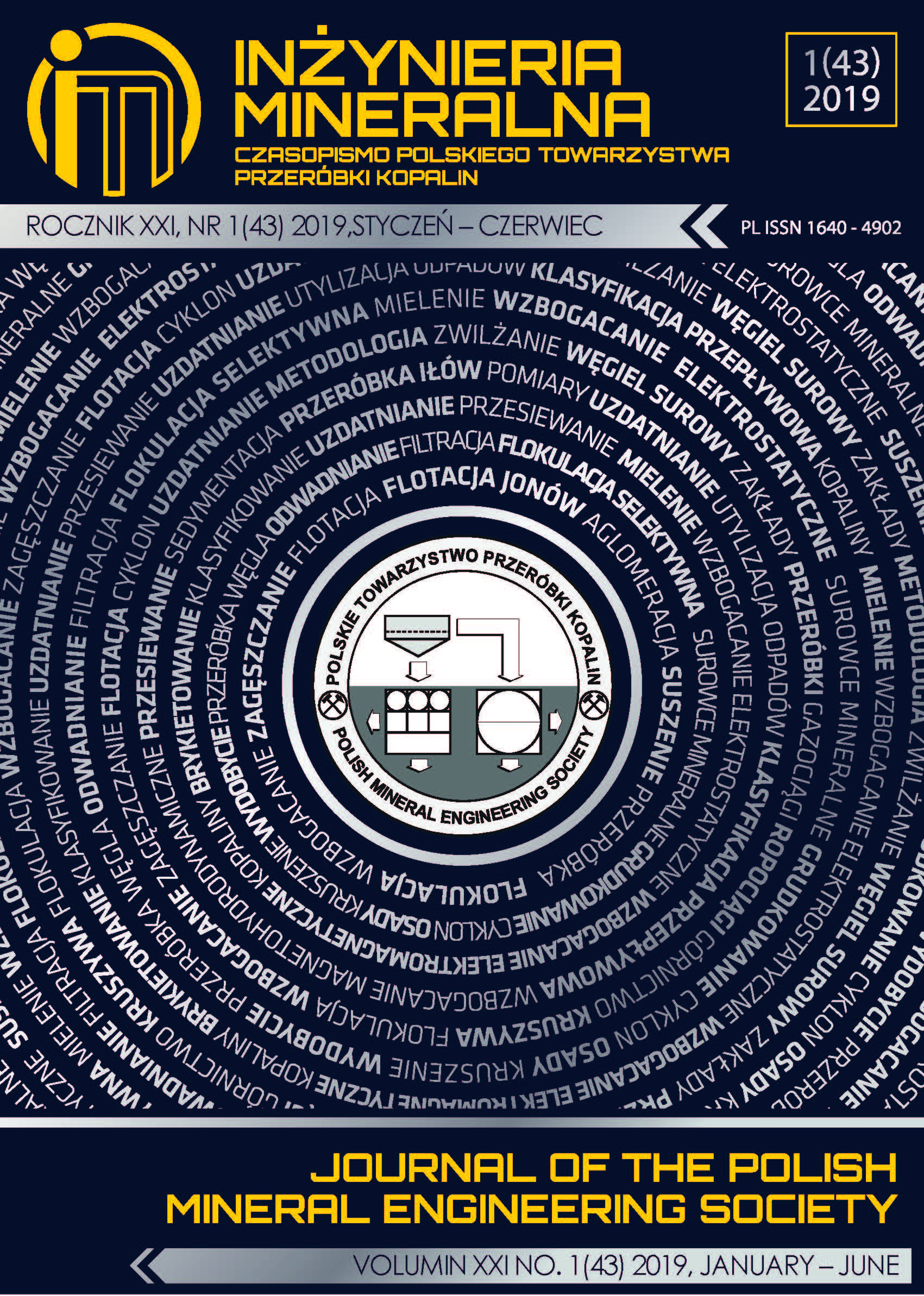Influence of Biogenic Acid on Concrete Materials
Abstract
Microbial sulphur cycle in sewers evocate the serious problem in the area concrete corrosion, health related aspects and odour.
These problems are primarily related to the release of bacterially produced hydrogen sulphide from wastewater to the atmosphere
during sewage transports that dissolves in the condensate on the sewer crown. In the event sulphur-oxidizing bacteria oxidize the
dissolved hydrogen sulphide and other sulphur compounds to sulphuric acid, which corrodes the concrete. The concrete gradually
expands causing cracks and ruptures, loss of strength and overall decay of concrete.
The paper is focused on the investigation of the concrete specimens surface biodegradation study. From the viewpoint of concrete
materials biodeterioration, mainly the bacteria sulphur- and sulphide-oxidising bacteria and sulphate-reducing bacteria are
important and interesting. The role of bacteria mentioned above has been linked to the generation of the biogenic sulphuric acid
resulting in corrosion process by dissolution of calcium containing minerals from the concrete matrices. The penetration of the
corrosion was manifested by structural changes of concrete samples. The surface structure changes were by stereomicroscopy and
atomic force microscopy (AFM) investigated.
This journal permits and encourages authors to post items submitted to the journal on personal websites or institutional repositories both prior to and after publication, while providing bibliographic details that credit, if applicable, its publication in this journal.







.png)
